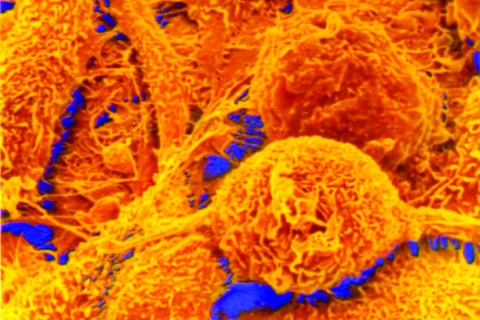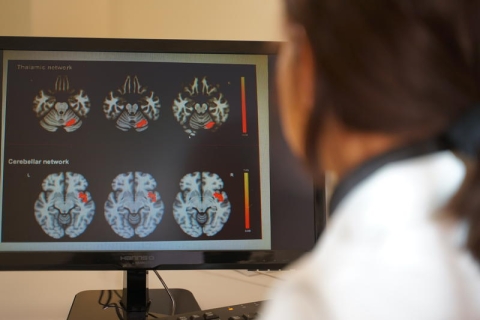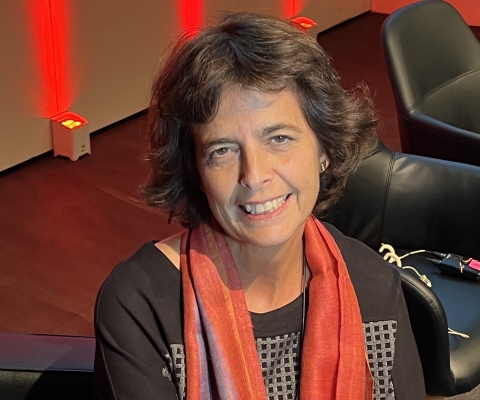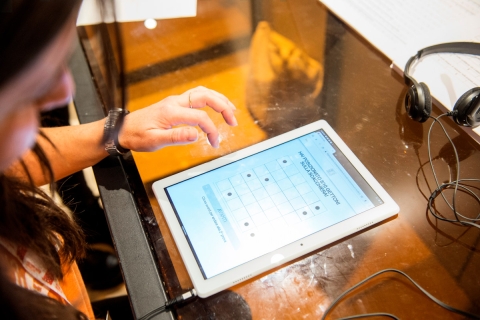«Now it’s clear: there is no association between CCSVI and MS nor any other neurodegenerative diseases»
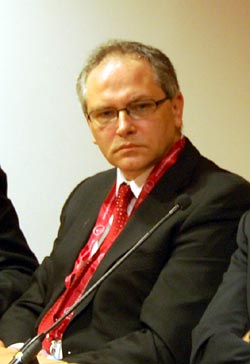 Professor Erwin Stolz is one of the three experts in charge of the central reading of sonological exams carried out for the multicenter CoSMo study. The study was realized by the Italian MS Society (AISM) through its Foundation FISM, to establish the prevalence of CCSVI in persons with MS. ErwinStolz, Department of Neurology, University of Giessen, Germany, is an outstanding international expert in cerebral venous hemodynamics. At the end of the study, we can discuss with him how the activity carried out by AISM can be shared and evaluated in the context of international research.
Professor Erwin Stolz is one of the three experts in charge of the central reading of sonological exams carried out for the multicenter CoSMo study. The study was realized by the Italian MS Society (AISM) through its Foundation FISM, to establish the prevalence of CCSVI in persons with MS. ErwinStolz, Department of Neurology, University of Giessen, Germany, is an outstanding international expert in cerebral venous hemodynamics. At the end of the study, we can discuss with him how the activity carried out by AISM can be shared and evaluated in the context of international research.
In your previous interview to AISM, at the beginning of the CoSMo study, you said that the first question we had to answer was if the theory of CCSVI was suitable for MS. Now that this research is completed,what response should be given to this question?
«CCSVI as such is not a body state, but primarily a definition. When two or more ultrasound criteria first proposed by Zamboni and co-workers are present, CCSVI is assumed. If at all CCSVI has any clinical meaning depends on whether it is associated with any disease process, and MS in special. It also has to be independent from the reporting group and center. This question can be answered clearly now: there is no association between CCSVI and MS nor any other neurodegenerative diseases».
In the CoSMo study protocol, what has been the role and value of the central blinded reading of the CCD examinations?
«In my view the role and value of central reading is basically quality control. The way central reading was implemented in this study is novel and has so far not been used in neurovascular ultrasound studies».
According to CoSMo’s findings, what is the place of CCSVI into the panorama of international research on the causes of MS and for the development of effective treatments for the disease?
«Based on the results of CoSMO, CCSVI has no place in international research on the causes of MS any more».
You also explained that the data by the study realized by AISM would have been “an important heritage todeal how cerebral venous hemodynamics works". What new contribution bring CoSMo’s data from this point of view?
«It is too early to answer this question, because the data especially of the advanced protocol have not yet been analysed».
Finally you explained that "CoSMo’s results will allow people to avoid bad choices." Now we know the results: what do they give to people with MS, in order for them to choose the most effective and safe treatment?
«In the light of the CoSMO results there is no longer a place for any invasive vascular procedures in MS. Patients will profit more from the existing and up-coming immune therapies».

